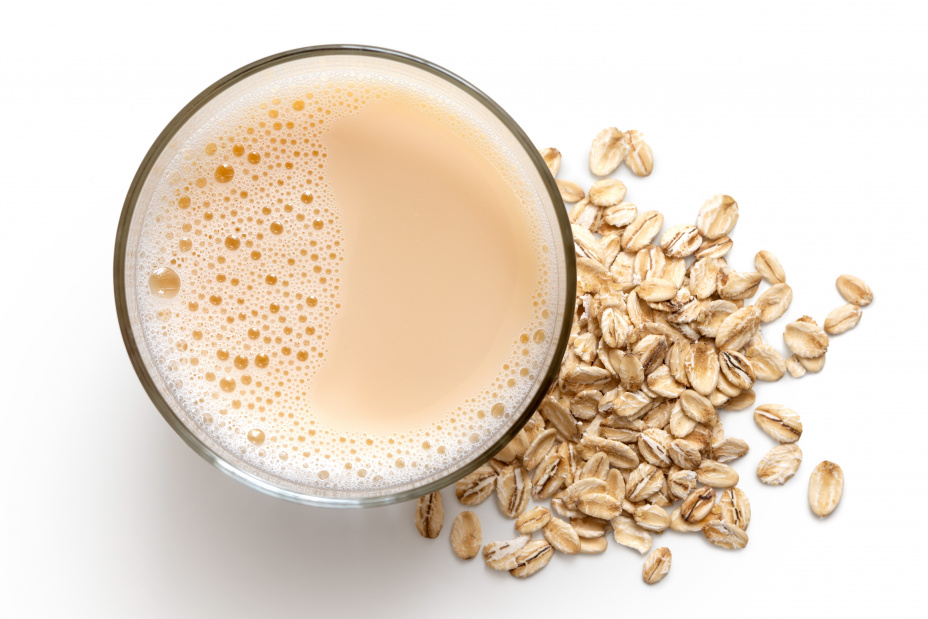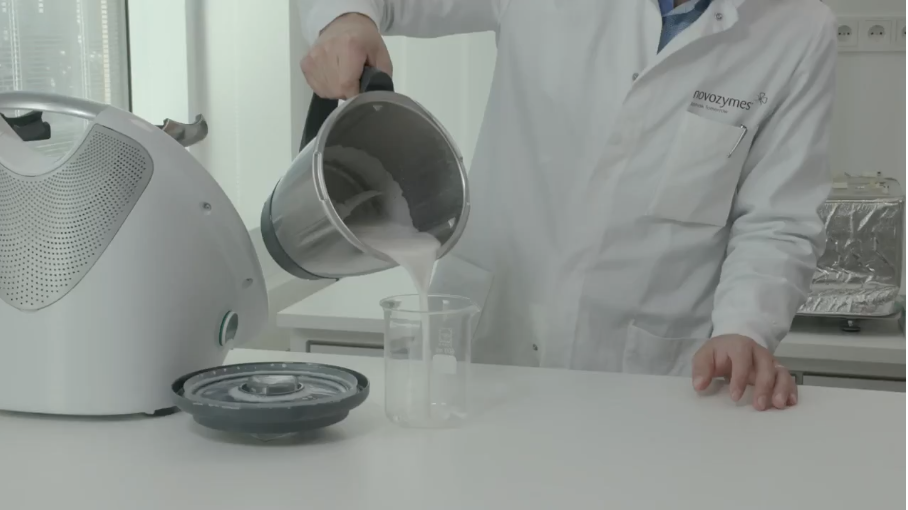Oat-based drinks: local production is sustainable production

A recent study by Credit Suisse into consumer attitudes in emerging markets uncovered a clear trend. Across age groups and income levels, people are worried about the state of the environment and intend to change their behavior. It’s also clear that emerging market consumers’ spending is influenced by environmental concerns. Around 90% of consumers in most countries covered by the survey indicated that these concerns moderately or significantly influence their spending.
Oat milk alternatives taking off in emerging markets
Oat milk alternatives offer clear sustainability benefits for consumers in the form of lower emissions. Oats are easy to grow and source locally. Compared to dairy milk, they have very little impact on climate change. With emerging market consumers growing increasingly concerned about the environment, these benefits make oat drinks a natural choice. So it’s unsurprising that the segment is growing rapidly in emerging markets, as shown below.
Imported oat drinks: significant associated emissions
The sustainability benefits of oat drinks are undermined when they’re not grown locally, however. The emissions involved in transporting a drink tens of thousands kilometers to get it onto retailers’ shelves can be significant. And sadly, in most emerging markets, the majority of oat drinks are still not produced locally, as shown below.
Making local oat drink manufacturing possible
As the above figures show, it is possible to locally manufacture oat-based milk analogs in all these regions. So a reason for the high import rates in emerging markets may be the challenges involved in oat drink production. Moving into the segment can be complex, but with the right advice and processing aids it is possible. Watch our guide to producing oat drinks from scratch to learn more.
Importing oat flour: a sustainability win
Locally-sourced oats are a great option from a sustainability viewpoint. But in markets where oats aren’t grown locally, importing oat flour is a far more sustainable approach than importing the final oat drink product, as shown below. These figures show the impact per person per year. There is potential for very significant CO2 savings if these impacts could be replicated across markets where most oat drinks are imported, rather than made locally.
What could this mean for your business?

What could this mean for your business?
Reach out to our plant-based dairy alternatives team if you’re interested in exploring the viability of producing milk alternatives from oats or other crops in your region.
Team members are ready to share their experience of creating drinks with the right sensory qualities for a range of local markets.